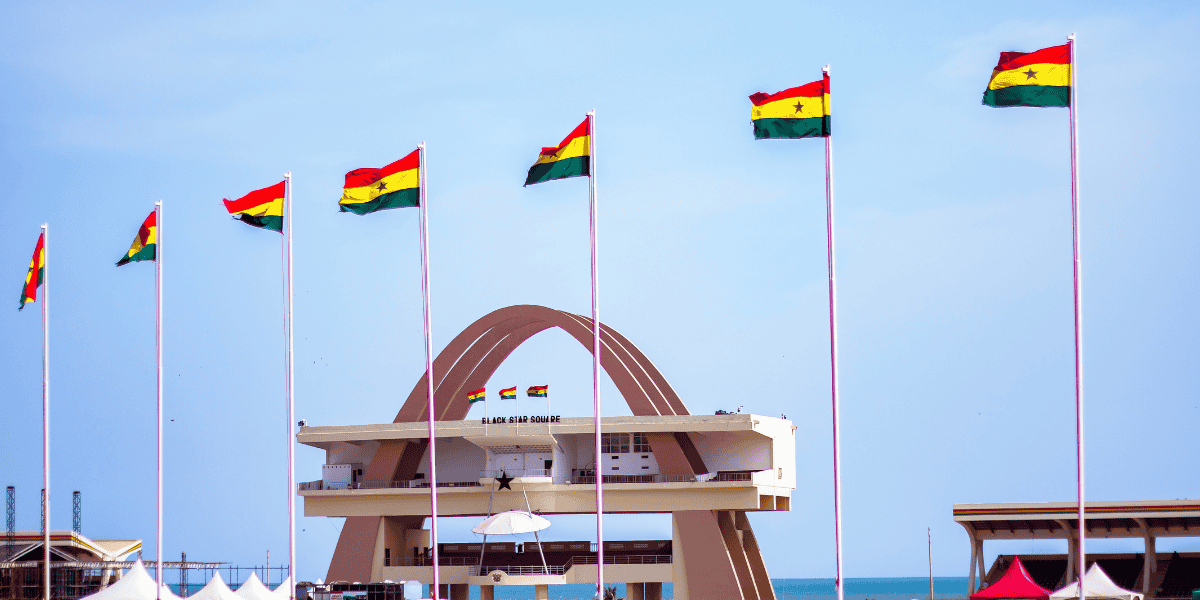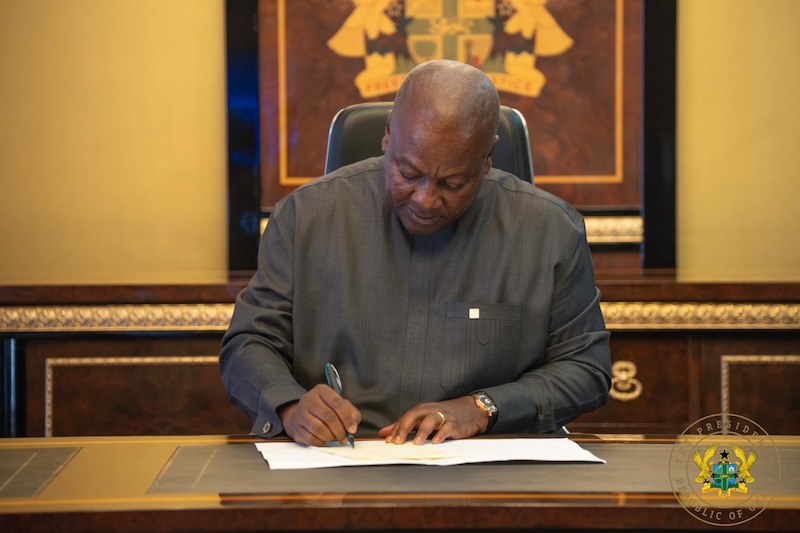The IMF has approved a USD918 million loan in support of Ghana’s economic reform program. Ghana is described as one of Africa’s frontier emerging markets, with a trade in commodities that allowed it to weather the storms resulting from the financial crisis.
IMF staff visited Ghana in 19 to 26 February 2015 for discussions in connection with Ghana’s reform program and possible support by the IMF. Three years of declining economic growth saw Ghana’s growth rate fall to 4.1% in 2014. Ghana therefore intends to begin a program of reforms including fiscal consolidation and support for economic growth. Ghana’s reforms are supported by its international partners including bilateral donors and international financial organizations.
The reform would be based on restrained government spending, increased tax collection and stronger central bank monetary policy. Economic growth is expected to decline further to 3.5% in 2015 but to bounce back in the medium term as the reform program takes hold.
Tax administration reforms are already under way with measures to strengthen the effectiveness of the large taxpayer office and to improve tax administration, especially regarding the administration of VAT and VAT refunds. The government is also reviewing the tax exemptions with a view to eliminating those that are not necessary. These reforms are all intended to lead to the goal of increasing tax revenue collection.














